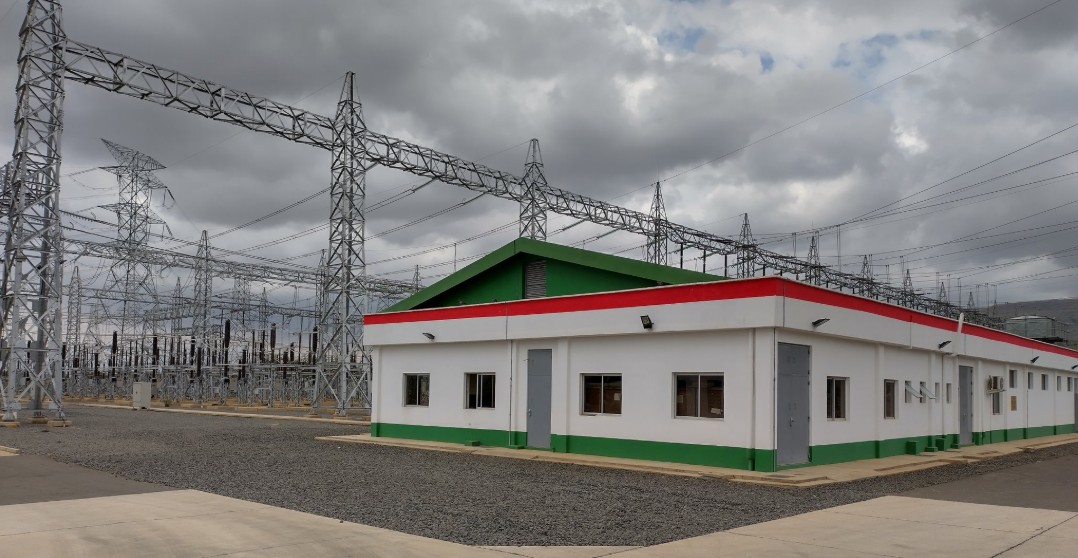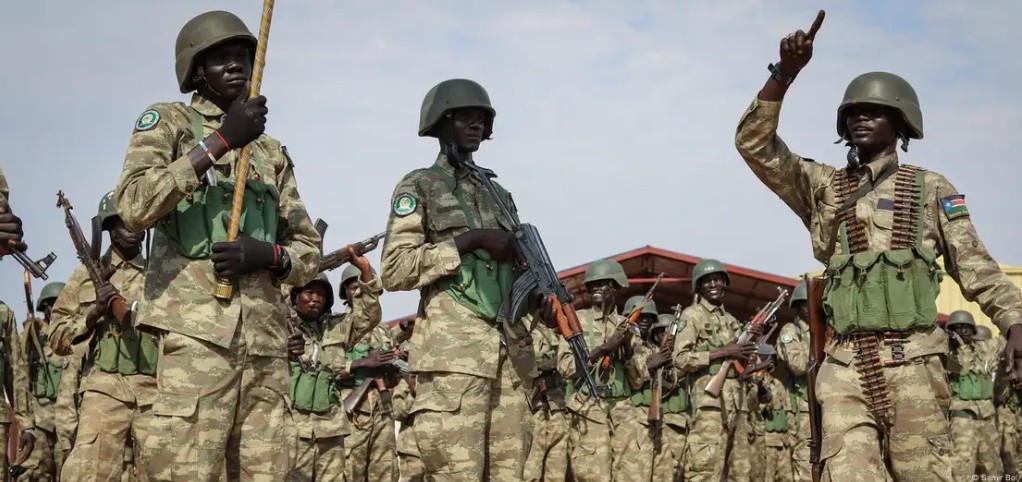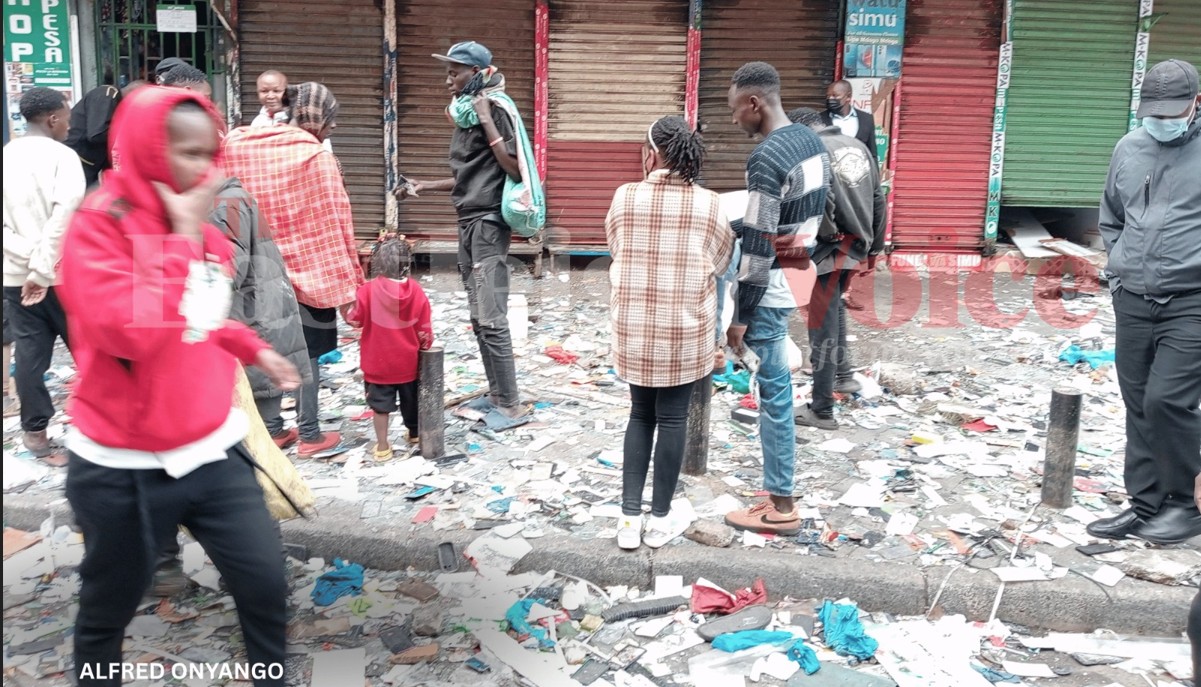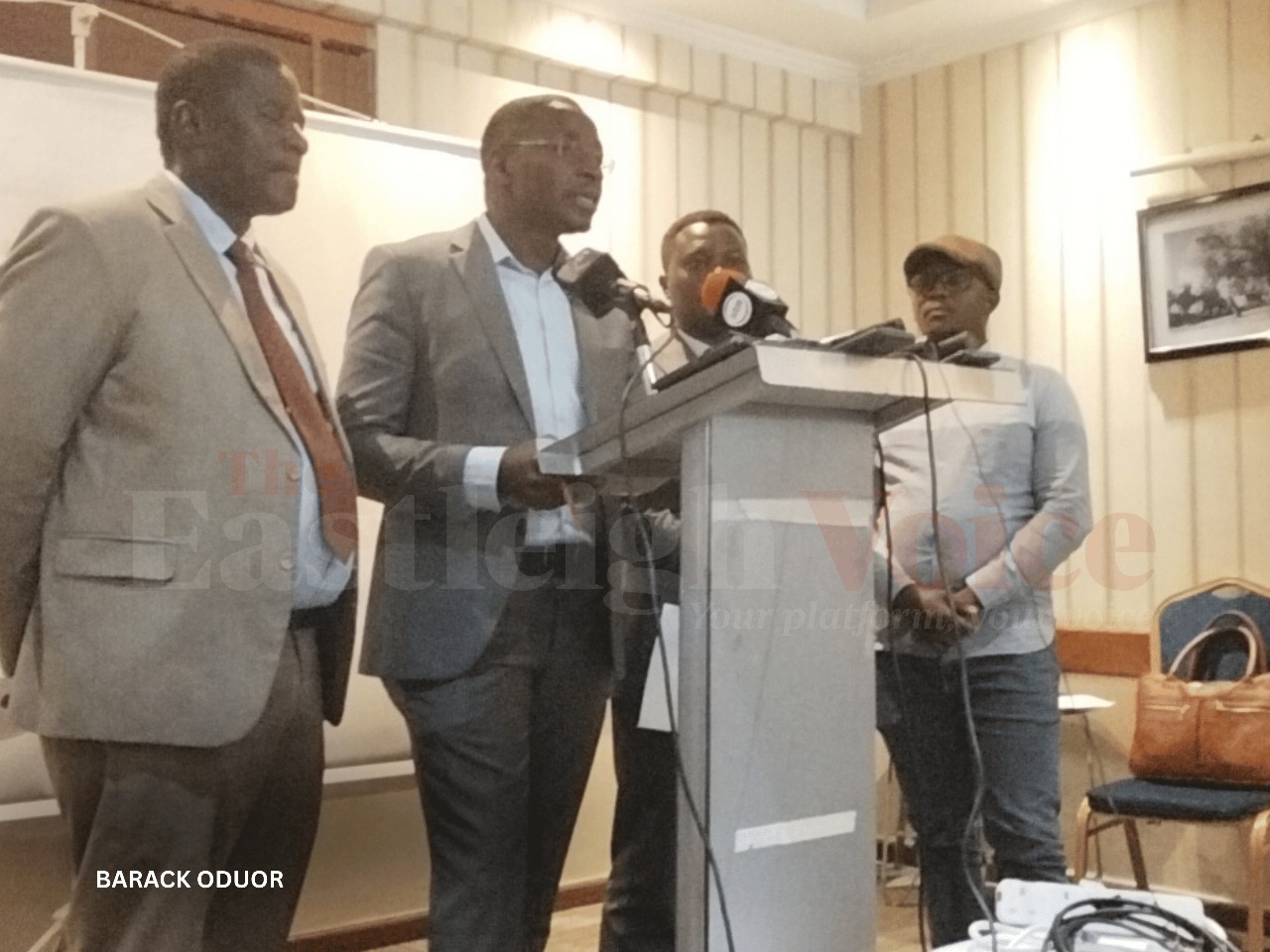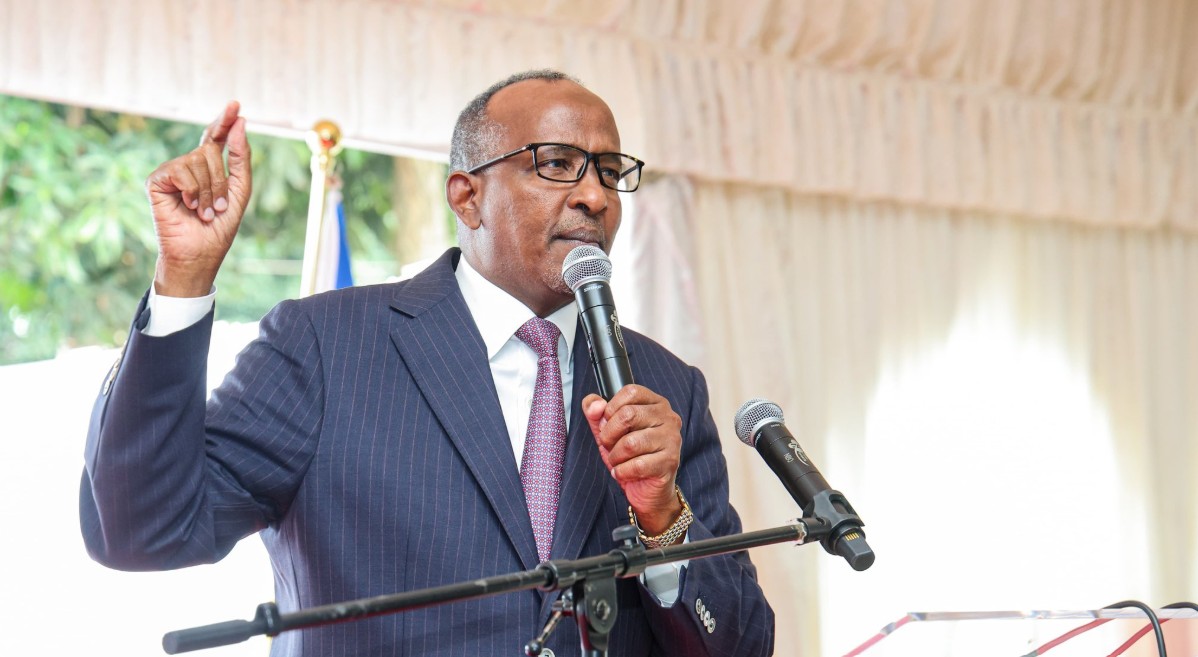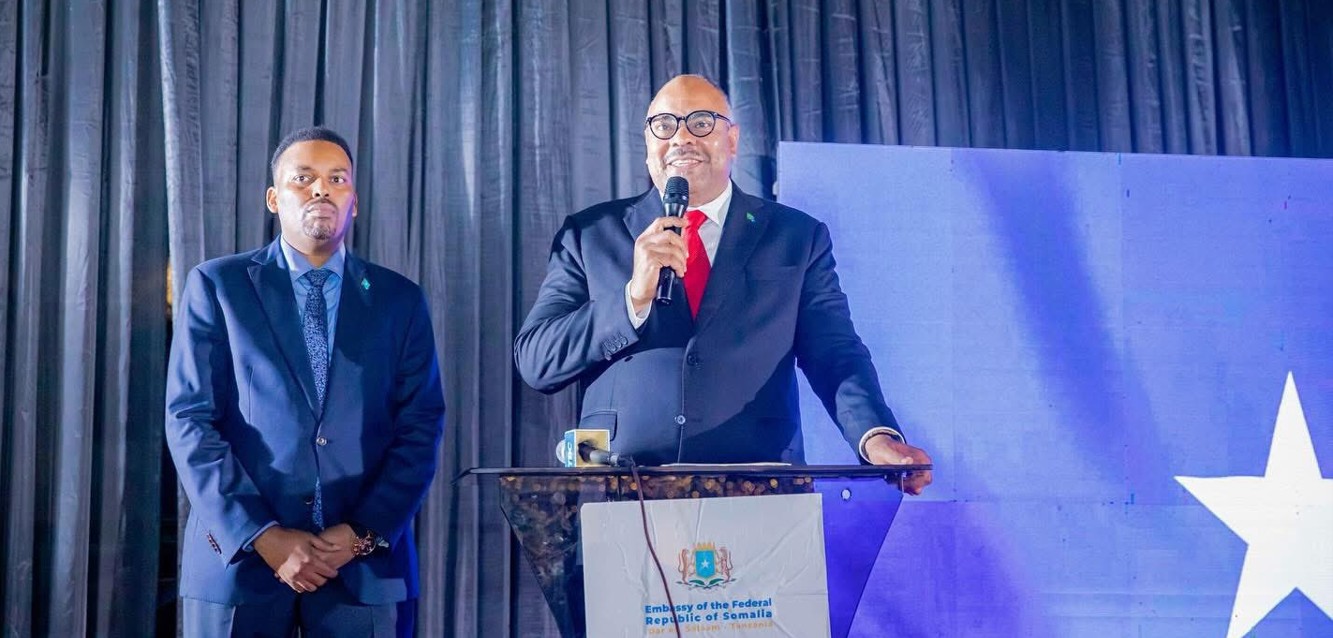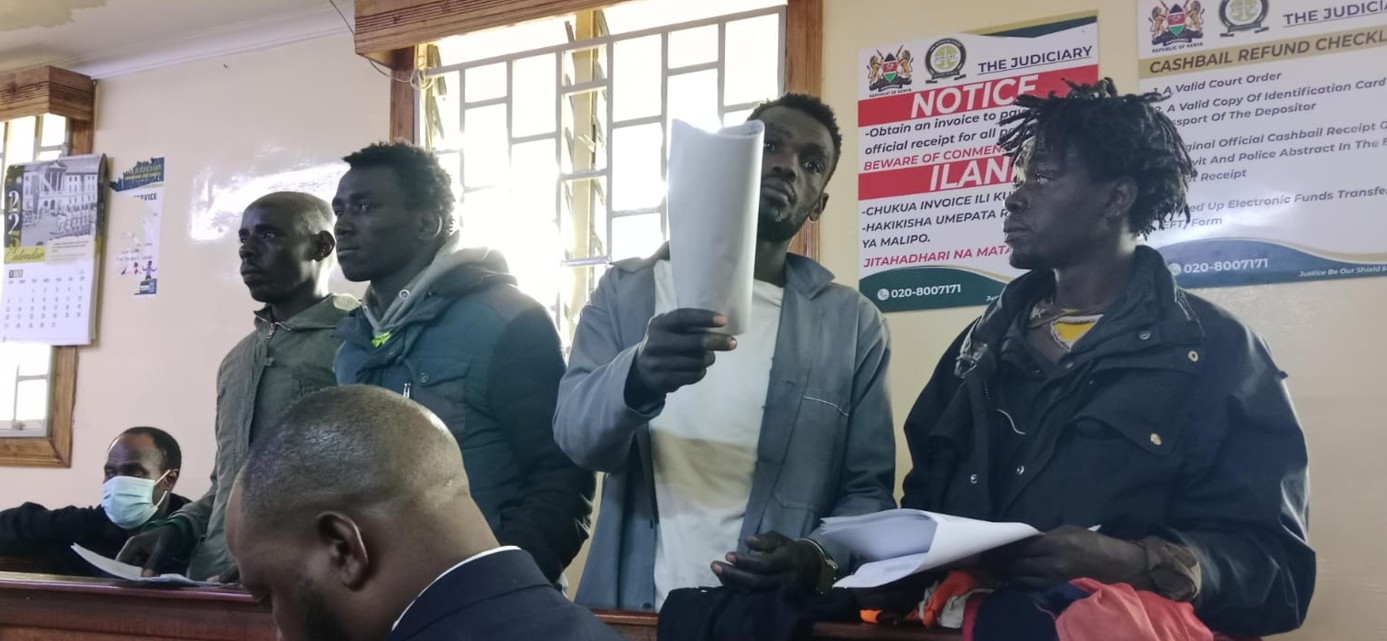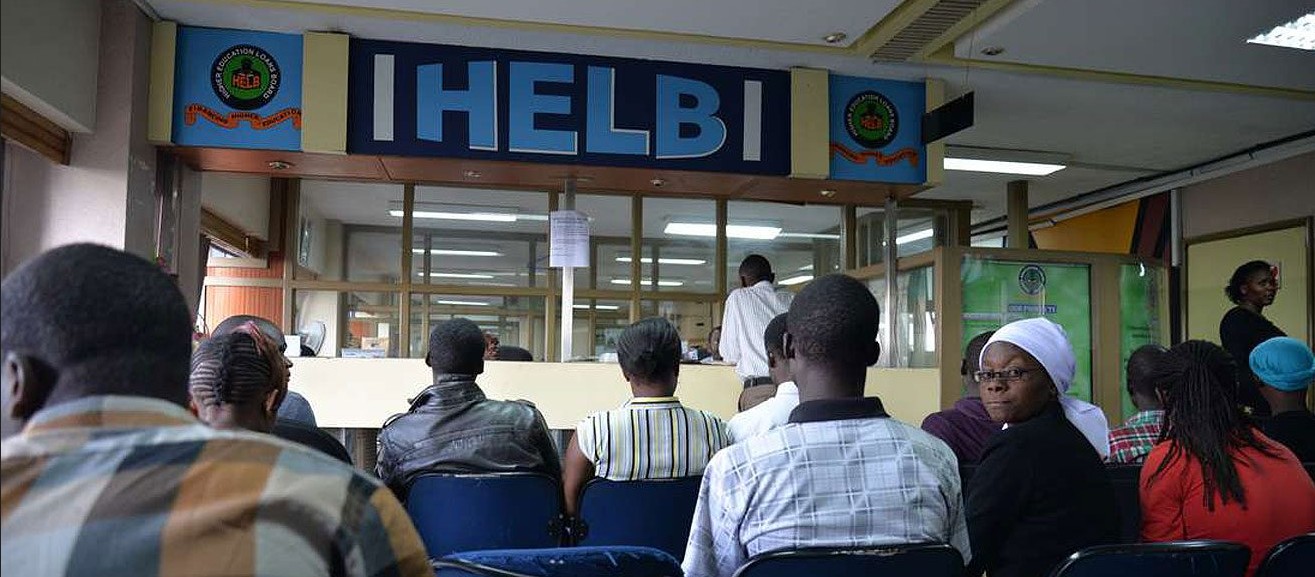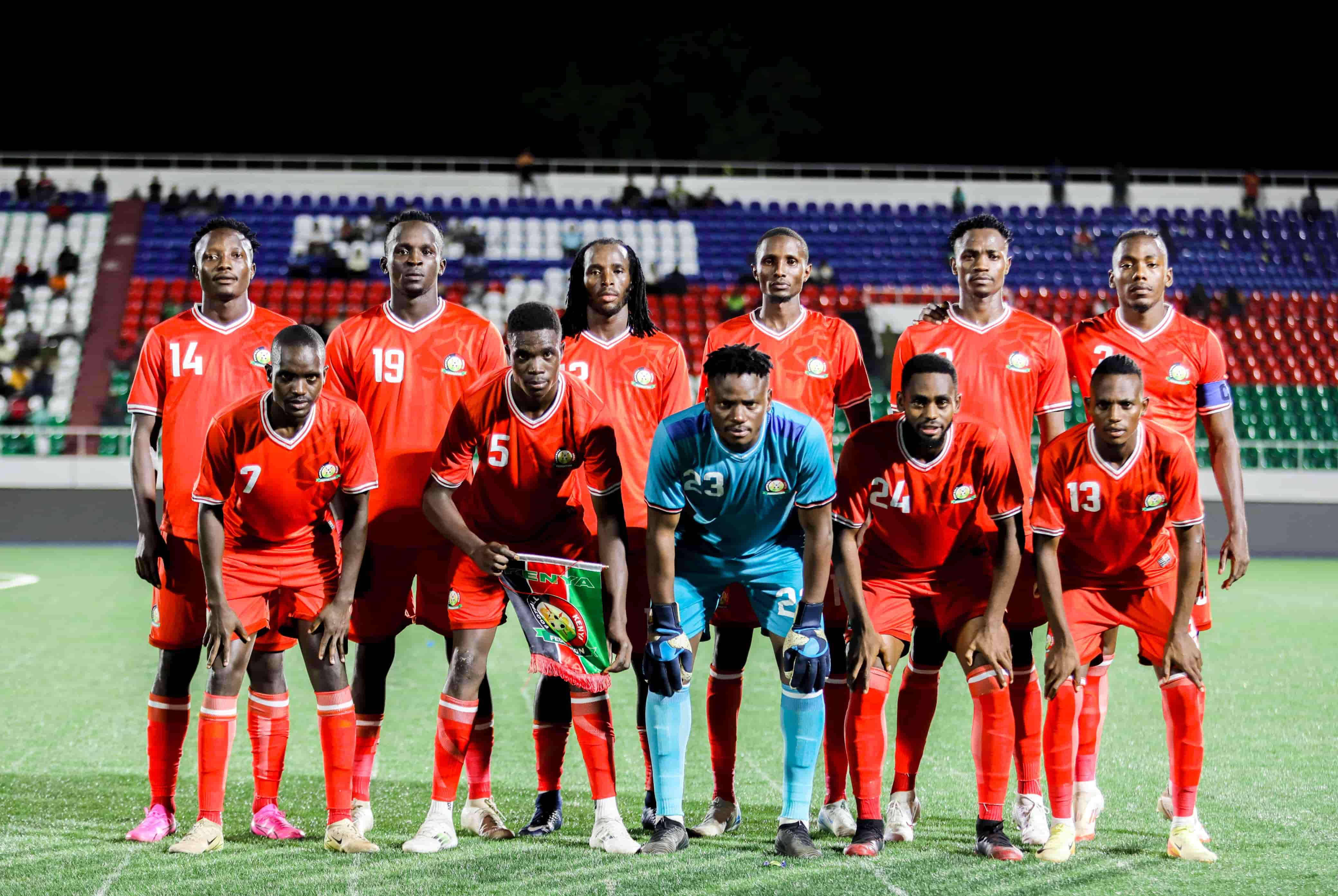IOM welcomes Rwanda–DRC peace deal, urges tangible impact for displaced communities
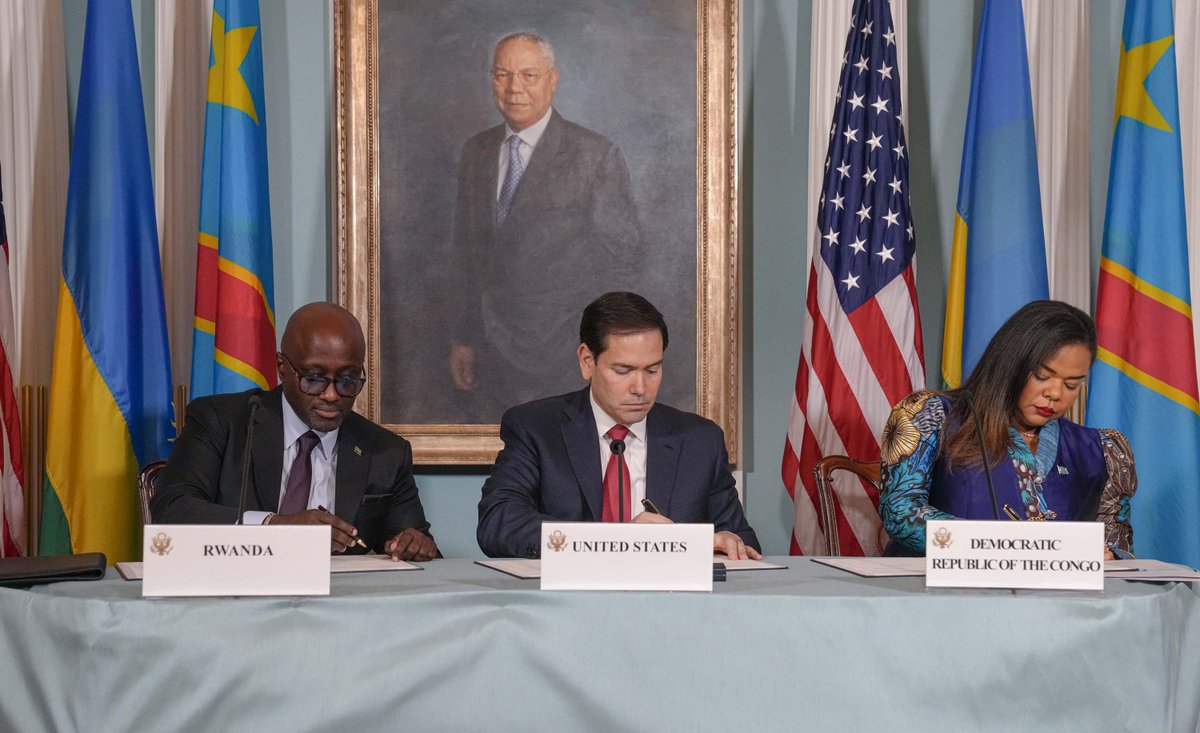
In a statement, the organisation said the agreement marks a critical step towards ending decades of violence and displacement in the region and comes at a symbolic time as the DRC celebrates 65 years of independence.
The International Organisation for Migration (IOM) has welcomed the peace agreement signed by Rwanda and the Democratic Republic of the Congo (DRC), urging that its effects be felt on the ground, particularly among communities that have borne the brunt of displacement.
In a statement, the organisation said the agreement marks a critical step towards ending decades of violence and displacement in the region and comes at a symbolic time as the DRC celebrates 65 years of independence.
More To Read
- Amnesty International slams DRC-Rwanda peace deal for ignoring war crimes accountability
- UN Security Council extends sanctions on DRC
- Rwanda to host 2025 World Kiswahili Language Day celebrations in Kigali
- DRC at 65: Tshisekedi calls for peace on independence day as M23 asserts control in Goma
- DRC-Rwanda peace deal: What you need to know
- Rwanda, DR-Congo peace deal reached during Washington talks
"This agreement offers a rare and vital opportunity to chart a new course for peace and security in the DRC, but peace must be felt on the ground. It must mean safety for families who have fled their homes, support for communities that have welcomed the displaced, and a future for young people who have known nothing but conflict."
"We call on the international community to seize this moment not just to support the political process, but to invest in the humanitarian and recovery efforts that will make peace real for millions of people," said IOM Director General Amy Pope.
The peace deal was brokered by the United States, the African Union, and Qatar and was signed in Washington over the weekend.
IOM teams, which have been delivering lifesaving assistance across the country, providing emergency shelter, healthcare, protection services, and mental health and psychosocial support, have reported increasing pressure on host communities, many of whom are struggling after taking in large numbers of displaced people.
Data indicates that across the DRC, millions continue to endure one of the world’s most persistent and complex humanitarian crises.
"In the eastern provinces alone, more than 700,000 people have been displaced since the beginning of 2024, fleeing intensified violence. Many families have been uprooted multiple times, often with nothing more than what they can carry, seeking refuge in overcrowded shelters, informal sites, or host communities already under immense strain," the organisation said.
The IOM reaffirmed its unwavering commitment to the people of the DRC. It stated that it stands ready to work with national authorities, regional bodies, and international partners to ensure the peace agreement translates into meaningful and lasting progress, restoring dignity, rebuilding lives, and supporting recovery from the impacts of violence and displacement.
However, the organisation warned that while the peace accord marks a hopeful turning point, the path to lasting stability remains long and complex.
"Years of conflict have left deep scars, and humanitarian needs remain immense. The peace agreement must now be matched by meaningful action on the ground," the IOM added.
Top Stories Today


